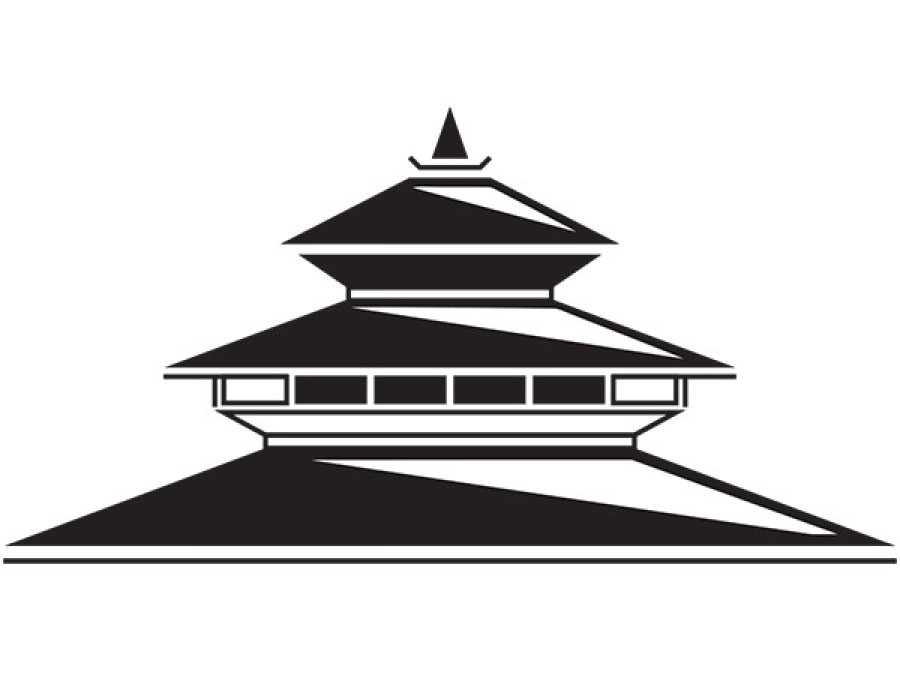Editorial
Draw the line
State supporting events hosted by organisations accused of active religious conversion is unwarranted
The Odd-Even system introduced by the Metropolitan Traffic Police Office to ease vehicular movement of Very Very Important Persons (VVIPs) during the Asia Pacific Summit 2018, which began Wednesday, has naturally inconvenienced commuters in the Capital. The public was seen endlessly waiting for pubic vehicles at various locations in the city. Even if some vehicle came by, it was jam-packed. Taxi operators immediately hiked their prices with full knowledge of the spike in demand. In Balkhu—where even on normal days commuters in large numbers are seen waiting to board vehicles—a passenger fell out of a moving bus owing to the four wheeler being excessively packed. The passenger lost his consciousness.
The Asia Pacific Summit, whose theme for this year is ‘Addressing the Critical Challenges of Our Time: Interdependence, Mutual Prosperity, and Universal Values’, is being held in Kathmandu from November 30 to December 3. The summit is being organised by the Universal Peace Federation, an INGO accused of propagating religion and proselytising. The government has been rightly criticised by the opposition and people from various sections of the society in social media for being involved with an organisation whose founder has been enmeshed in controversies for promoting Christianity in the country.
The estimated price of holding the summit is Rs. 200 million. Initially the government was co-hosting the summit, but following a backlash from the main opposition—the Nepali Congress—the government is now only a ‘supporter’. However, officials from the Foreign Ministry revealed that the government was involved in the conference since its initial stage with representatives of the organisation approaching the Prime Minister’s Office, Ministry of Foreign Affairs, Nepali embassies in South and East Asia, and national security agencies.
In fact, the Ministry of Home Affairs, Ministry of Foreign Affairs, and the Department of Roads had initially demanded a total of Rs320 million from the Ministry of Finance last month to make preparations for the dignitaries—almost double the amount spent during the BIMSTEC Summit. But denying their request, the Finance Ministry handed over only Rs. 20 million to the Home Ministry. Also, in an utter disregard for protocol and self-respect, our Deputy PM was seen welcoming ministers of other states.
The government’s involvement in events hosted by an organisation whose sole aim is to spread a particular religion goes against the spirit of a secular state. There is nothing wrong in a government recognising the different cultural and religious aspects of the state. Even when being secular, a state cannot ignore the existence of cultural and religious diversity within its borders. It is important for the government to recognise that diversity and encourage diverse groups to celebrate their identities. But for the state to support—or co-host—programmes organised by dubious organisations accused of active religious conversion is unwarranted.
The state should draw a clear line between recognition of religious identity and propagation of the same. While the former is considered the hallmark of a democratic polity, the latter is discriminatory against citizens. At a time when the state should be weaning itself of the decades—and even centuries—old embedding of Hindu practices in state mechanism, the government’s recent act of actively supporting the activities of another religion is a step backwards.




 9.89°C Kathmandu
9.89°C Kathmandu














